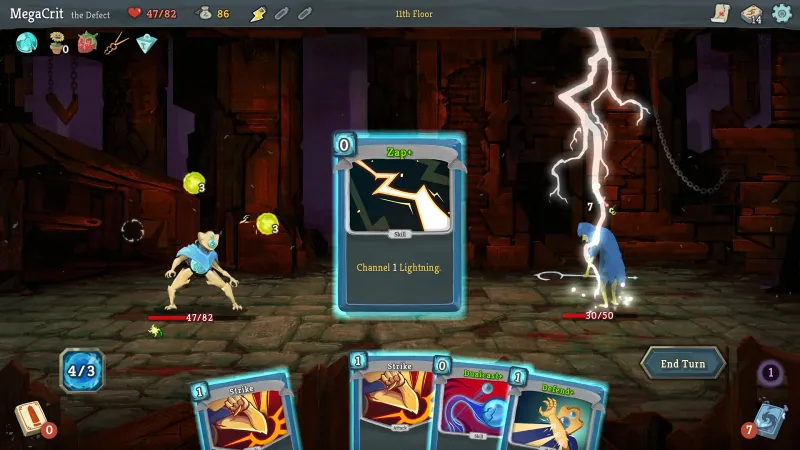Looking for a Job in the Gaming Technology Sector
The gaming technology industry is a thriving sector that offers exciting career opportunities for individuals passionate about games, technology, and innovation. With the rapid growth of the gaming industry, job hunting in this field requires a strategic approach and a solid understanding of the industry's dynamics. This article provides valuable insights and tips for those seeking employment in the gaming technology industry.
Understanding the Gaming Technology Industry
The gaming technology industry encompasses various segments, including game development, design, programming, testing, marketing, and project management. It is crucial to have a comprehensive understanding of the different roles and functions within the industry to target specific job opportunities effectively. Researching and staying updated on the latest trends and advancements in gaming technology will give you an edge during the job search.
Skills and Qualifications for Job Hunting
To excel in the gaming technology industry, it is essential to possess a combination of technical skills and creative abilities. Strong programming and coding skills are highly sought after, as they form the foundation for game development. Proficiency in programming languages such as C++, Java, or Python is valuable in this field. Additionally, having a solid understanding of game design principles, graphics programming, and artificial intelligence (AI) can significantly enhance your employability.
Moreover, communication skills and teamwork are crucial in the gaming industry. Collaborating with multidisciplinary teams and effectively conveying ideas is essential for successful game development. Employers also value individuals with a passion for gaming and an ability to think critically and solve problems creatively.
Building a Strong Resume and Portfolio
When applying for jobs in the gaming technology industry, a strong resume and portfolio can make a significant difference. Tailor your resume to highlight relevant skills, experiences, and projects related to game development or other gaming technology roles. Include any internships, freelance work, or personal projects that demonstrate your expertise and passion for gaming.
Creating a portfolio showcasing your previous work is equally important. Include screenshots, videos, or playable demos of games or game-related projects you have worked on. This allows potential employers to assess your abilities and see your creative vision in action.
Networking in the Gaming Industry
Networking plays a crucial role in job hunting, and the gaming industry is no exception. Attend industry conferences, events, and meetups to connect with professionals already working in the field. Engage in discussions, share your ideas, and build relationships with industry experts. Networking can lead to valuable connections, mentorship opportunities, and potential job leads.
Utilize online platforms such as LinkedIn and professional gaming forums to expand your network further. Actively participate in discussions, showcase your knowledge and skills, and reach out to professionals for informational interviews. Building a strong network increases your chances of discovering hidden job opportunities and receiving recommendations from trusted individuals.
Online Job Search Strategies
Online job portals and specialized gaming industry websites are excellent resources for finding job openings in the gaming technology industry. Use relevant keywords such as "game developer," "game designer," or "game programmer" when searching for positions. Regularly check these websites, as new job postings often appear.
Additionally, join online communities and forums dedicated to gaming and game development. Engage with fellow enthusiasts and professionals, as they may provide valuable insights and job leads. Companies sometimes share job openings exclusively within these communities, giving you an advantage over traditional job seekers.
The Importance of Continuous Learning
The gaming technology industry is constantly evolving, with new technologies, tools, and trends emerging regularly. It is crucial to embrace a mindset of continuous learning to stay ahead in this dynamic field. Explore online tutorials, courses, and certifications related to game development, programming languages, and industry-specific software. Not only will this enhance your skills, but it also demonstrates your commitment to professional growth to potential employers.
Navigating the Interview Process
Preparing for interviews in the gaming technology industry requires a solid understanding of the company and its games. Research the organization's portfolio, latest releases, and company culture. Familiarize yourself with the games they have developed and their target audience. This knowledge will enable you to answer questions effectively and showcase your enthusiasm for the company's work.
In addition to technical questions, be prepared for behavioral and situational inquiries. These questions assess your problem-solving abilities, teamwork skills, and your approach to handling challenges in a game development environment. Practice answering such questions, and consider preparing a portfolio showcasing your previous projects to discuss during the interview.
Negotiating Job Offers
Receiving a job offer in the gaming technology industry is an exciting achievement. However, it is essential to negotiate your compensation and benefits to ensure a fair agreement. Research industry standards for salaries and benefits to establish a reasonable expectation. Highlight your skills, experience, and contributions during the negotiation process, emphasizing the value you bring to the organization.
Job hunting in the gaming technology industry requires a strategic approach and a combination of technical skills, creative abilities, and industry knowledge. By following the tips outlined in this article, you can increase your chances of landing a rewarding job in this dynamic and innovative field.










 English (US) ·
English (US) ·